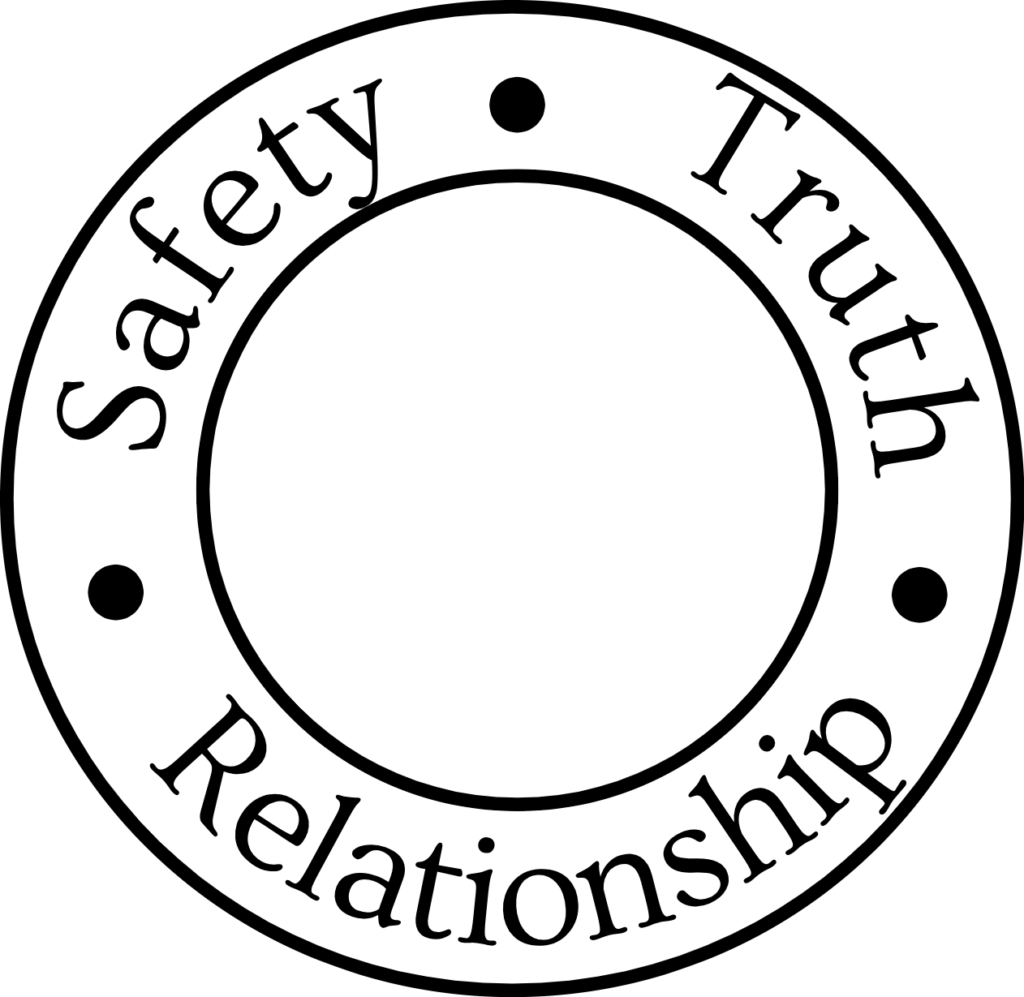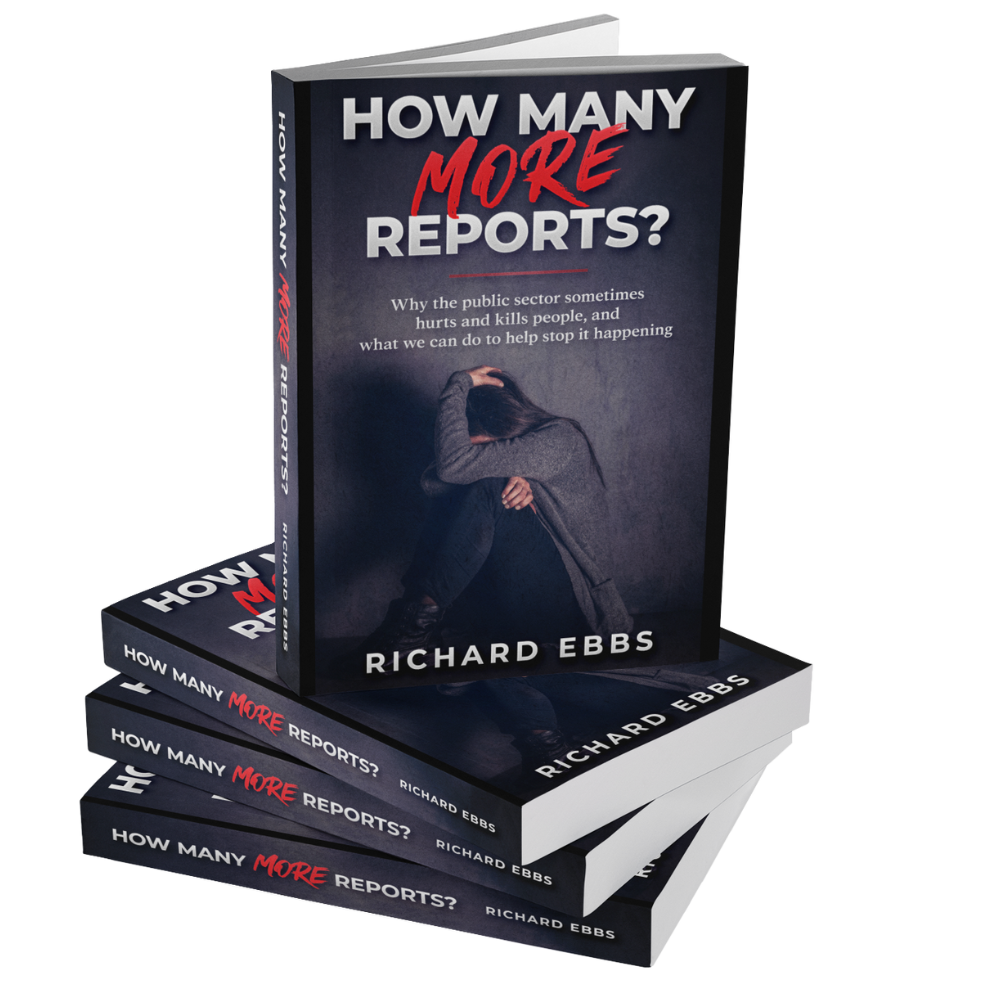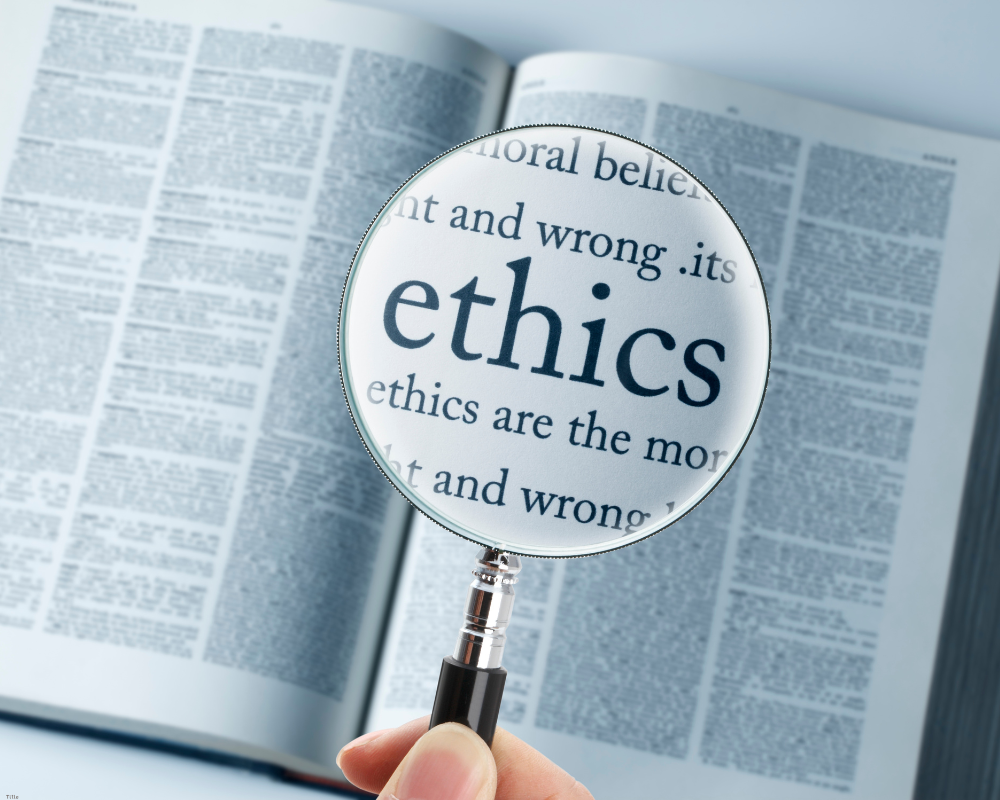We would hope, especially in public service, that good ethics are important. We certainly hold leaders to account, if they act unethically, but it is important for all in an organisation to pay attention to this area. It even matters to people on their first day, as we shall see.
In the book, we spend a chapter looking at an area of team dynamics to see how damaging unethical conduct can be, even affecting an entire team or department. In the example we created, Martin behaved badly but managed to get promoted to lead the team. We saw that his past misconduct prevented him from confronting others about their behaviour, resulting in him isolating himself from the team by staying in his office, attending meetings, and finding other ways to avoid his responsibilities.
Using a different example, we can imagine a group of people attending a police training college on their first day. We have a basic need to fit in with others, we want to be insiders, not outsiders, and this could be especially so in an emergency service, where you might have to rely on others for your own safety. As we are social animals, this bonding process starts as soon as we meet others. In our need for acceptance, we can do things to gain attention or to be liked by others. This might be the posting of an inappropriate photograph, or a comment on social media or in a chat room. We post something and sit and wait for the recognition that we desperately want from those people, the like buttons, the praise, the comments as to how funny we are, and all the time we have lost sight that those people will not forget what you are doing. The anti-Semitic joke here, the racist comment there, not realising that in five years, when you receive a promotion, you will find yourself unable to hold others to account because of your earlier conduct.
This is so important for all staff, at whatever level, that it needs to be part of the induction process in any organisation. It really is a day one issue, as there is no training can be provided to restore someone’s moral authority, when they have so easily sacrificed it by their own, earlier, poor conduct.
This ethical issue matters, as it supports the truth section of our circle of trust.
Click here to contact us to see if it makes sense to work together in this vital area.











